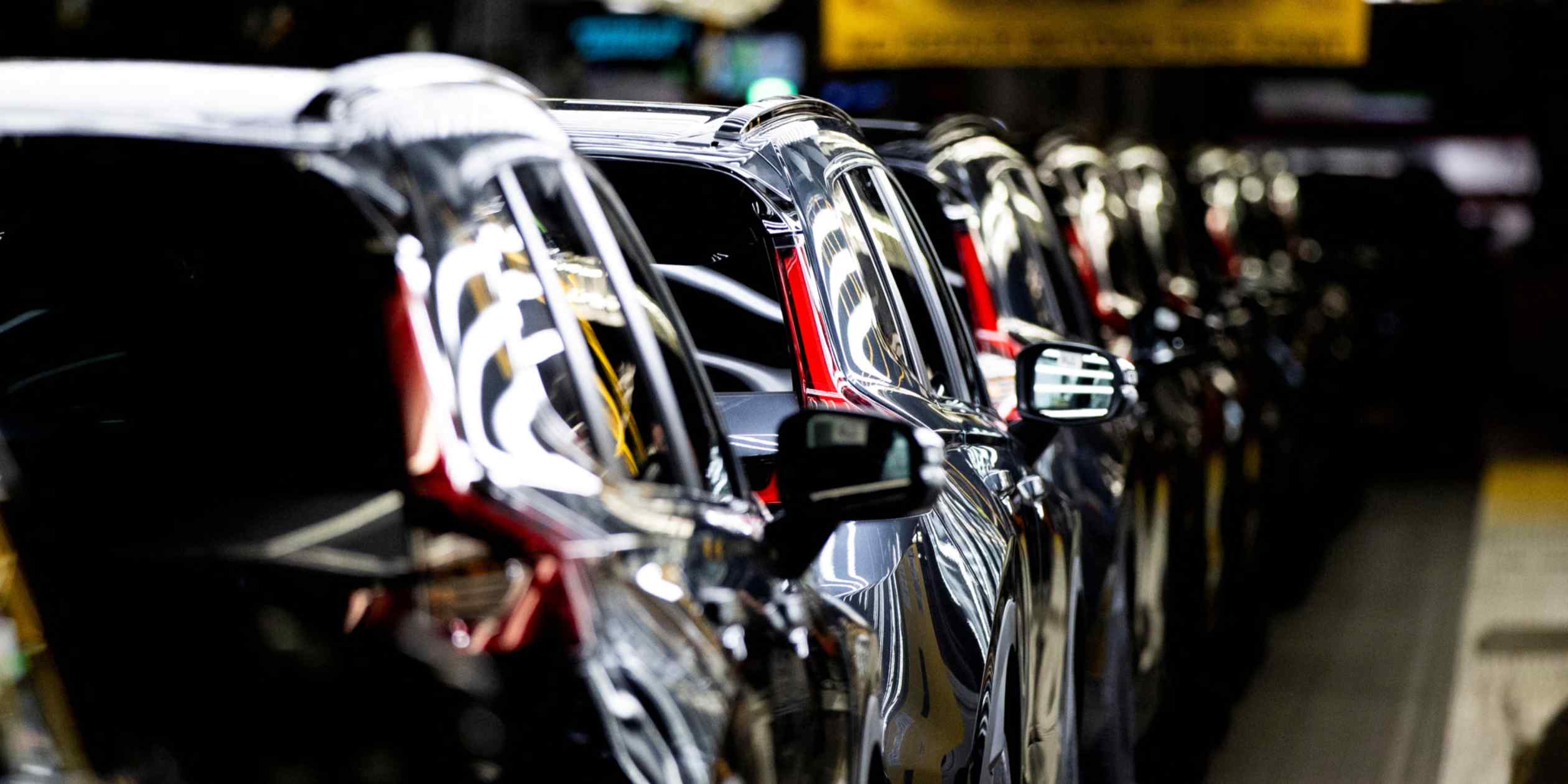Key Takeaways
- GM’s CEO cautions that new Chinese chip export restrictions may disrupt automotive production.
- Honda is assessing the impact of the Nexperia dispute on its manufacturing processes.
- European automotive groups are voicing concerns about potential industry-wide repercussions.
New Tech Rivalry Impacts Automotive Supply Chain
New export restrictions from China on semiconductor chips and automotive components are causing significant concern in the global automotive industry. This development follows the Dutch government’s takeover of Nexperia, a Chinese-owned chipmaker, which has intensified the ongoing tech competition between China and Western nations.
General Motors (GM) has raised alarms about possible disruptions to its production lines, with CEO Mary Barra warning that the new restrictions could have immediate effects on vehicle manufacturing. The constraints on chip availability may hinder not only GM but also other manufacturers reliant on these essential components.
Honda Motor is also taking the potential crisis seriously, stating that it is “carefully examining” how the Nexperia situation might affect its production capabilities. The company recognizes that the semiconductor shortage has already plagued the automotive sector in recent years, and any further complications could exacerbate existing supply chain challenges.
European automotive industry groups are joining the fray, expressing their worries regarding the broader implications of these export restrictions. They fear that supply chain disruptions could lead to a slowdown in production, affecting not just car manufacturers but also related sectors in the economy.
The escalation of this tech rivalry, particularly concerning chip technology, raises fundamental questions about dependency and resilience in the automotive supply chain. As electric vehicles and advanced technology increasingly dominate the industry, the pressure on semiconductor supply chains will only grow.
Manufacturers across the globe are urged to adapt and diversify their sources for critical components to mitigate these risks. The long-term effects of these restrictions remain uncertain, but they underscore an urgent need for strategic planning within the automotive sector.
In conclusion, the new export restrictions imposed by China represent not just a challenge for individual companies like GM and Honda but a significant shift in the global automotive landscape. The industry must navigate this evolving environment to maintain production and safeguard against further disruptions.
The content above is a summary. For more details, see the source article.















